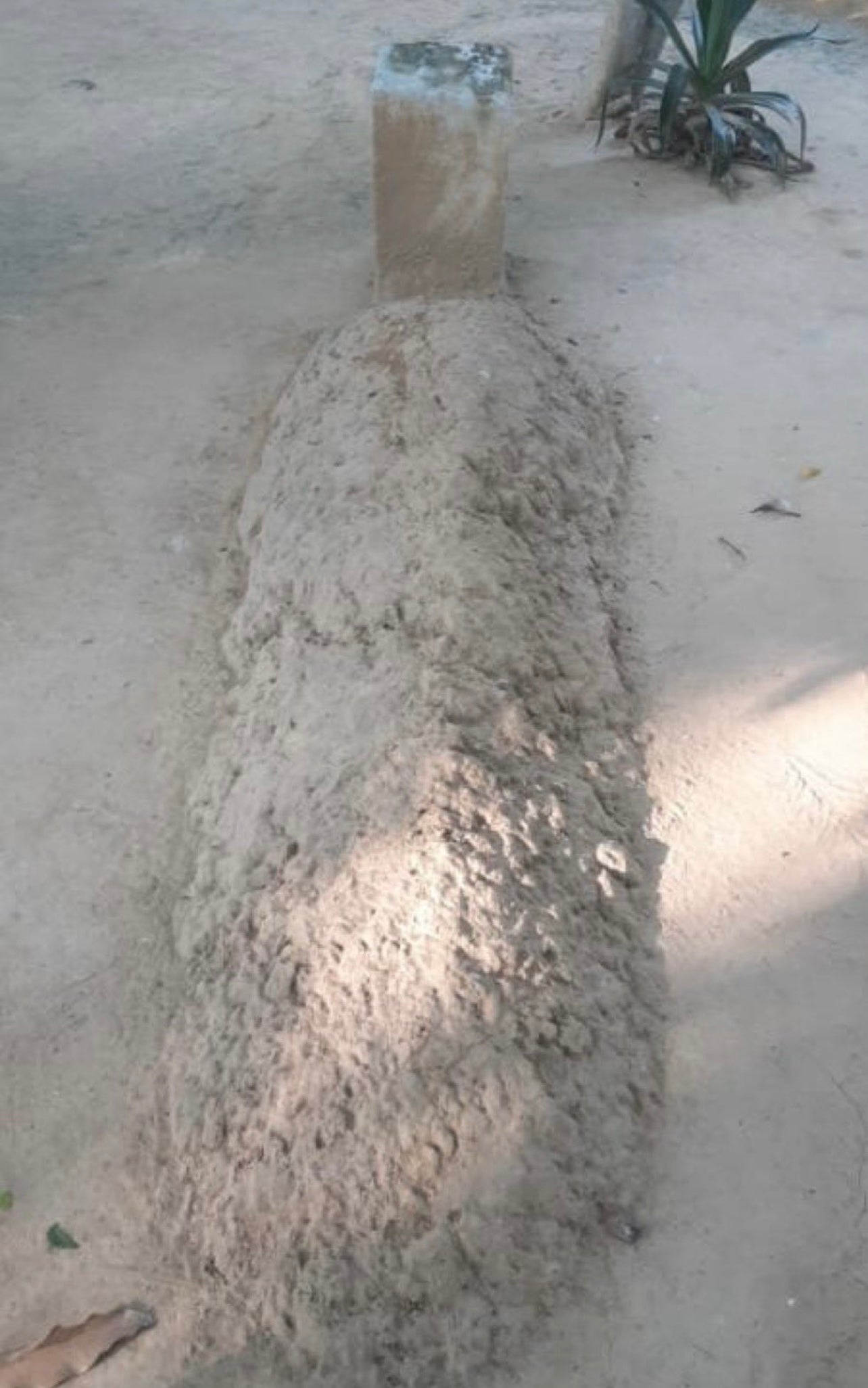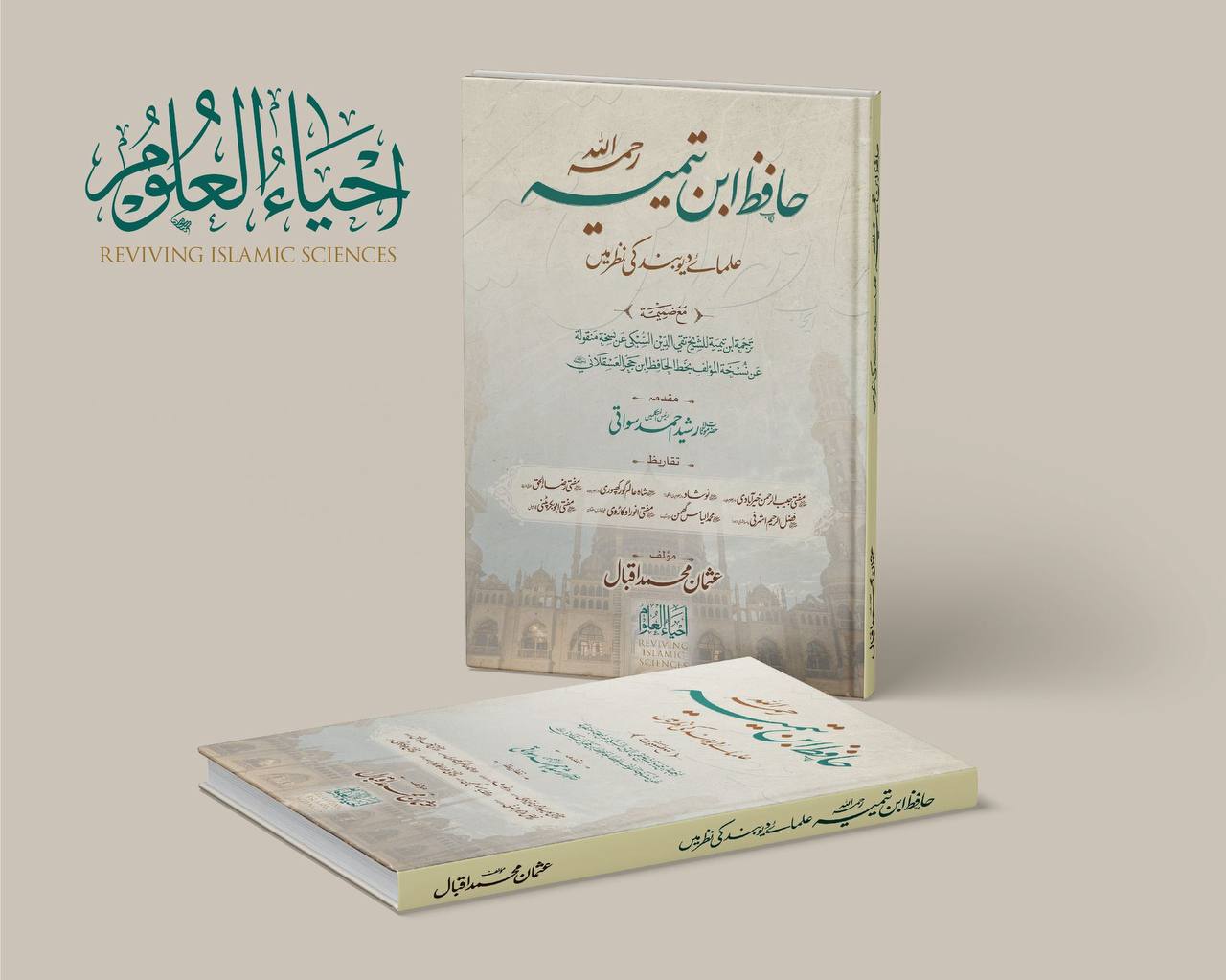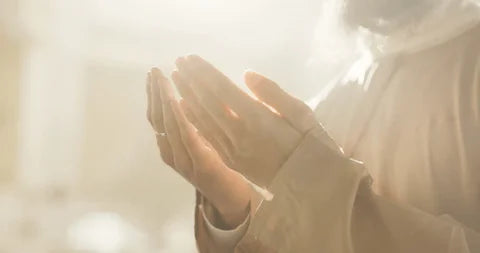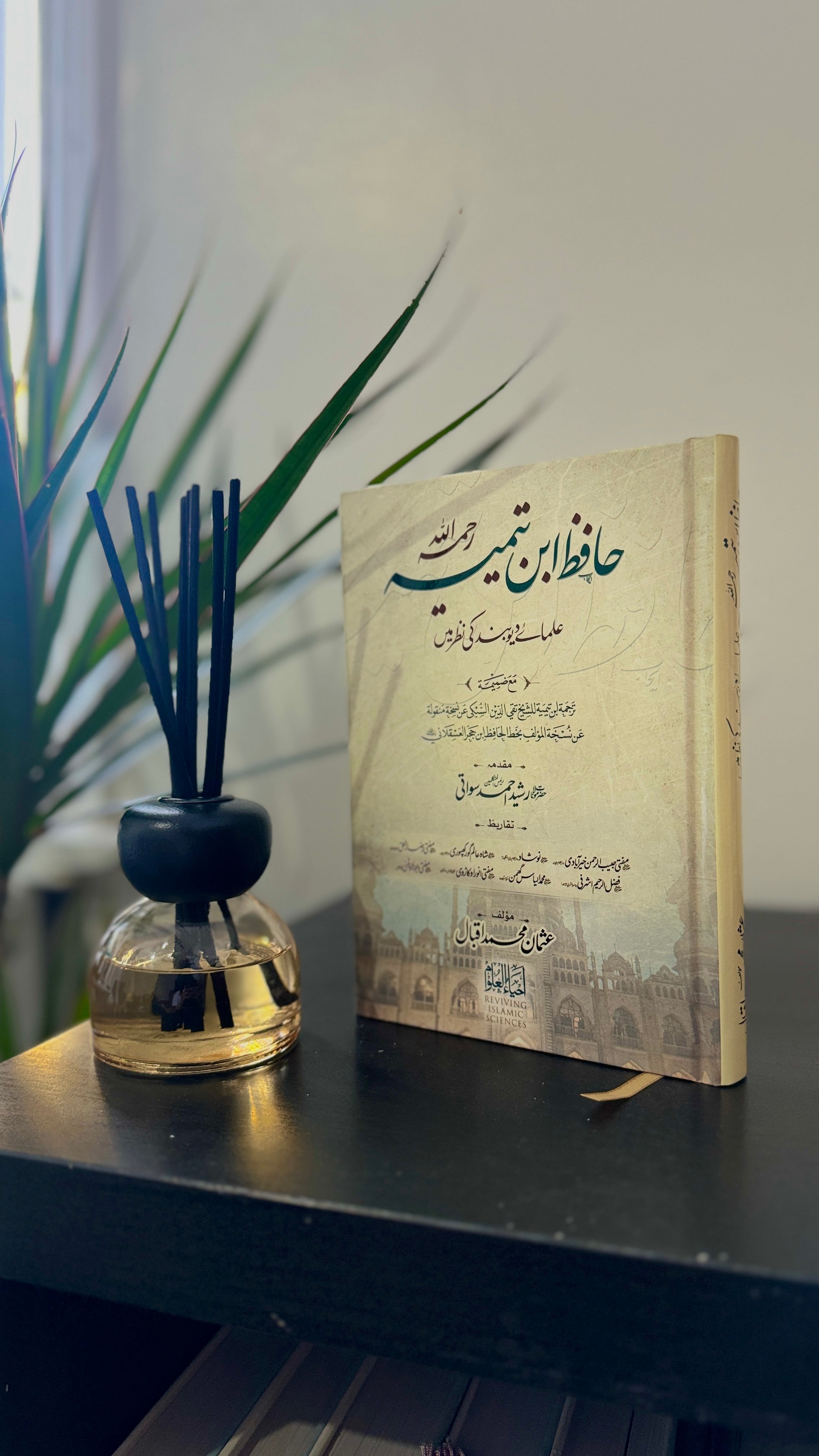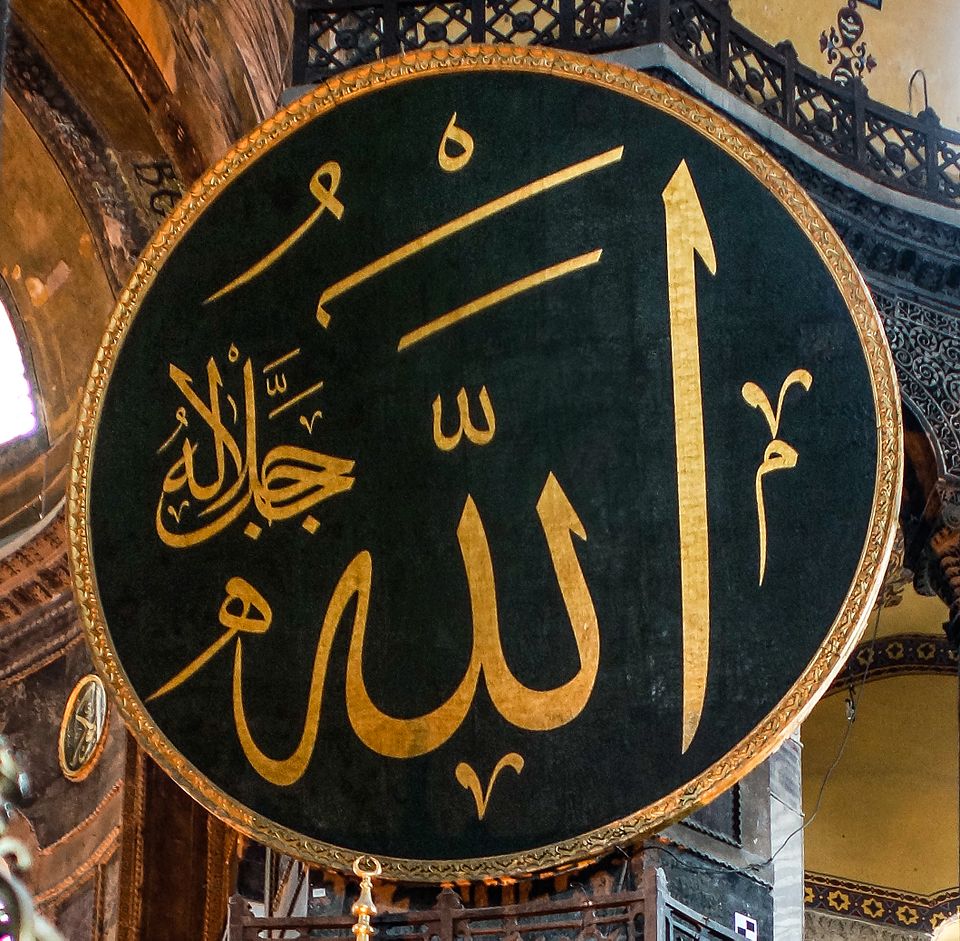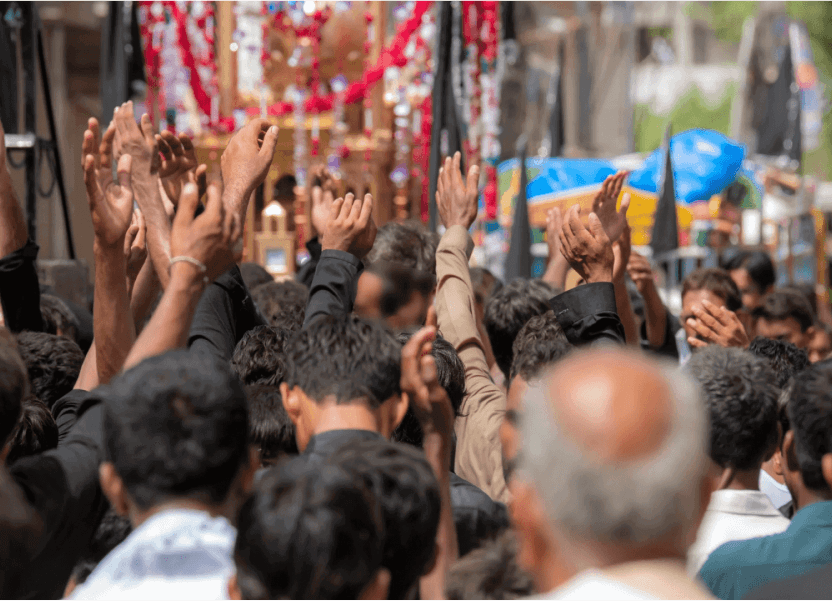
Disclaimer
As we approach the Day of Judgment
(Qiyāmah), we find ourselves amidst an era
marked by profound trials (fitan), during which
the foundations of our īmān are under
relentless assault from unforeseen sources.
Disturbingly, those whom we instinctively trust
to guide us in the path of the Divine Law (Dīn)
are increasingly seen to be traversing perilous
and questionable trajectories.
In these challenging times, the phenomenon of
unquestioning obedience to spiritual guides or
pīrs has, regrettably, rendered many susceptible to
a form of spiritual blindness. One particularly
prominent example is the ongoing influence and
deviations associated with a certain silsila bearing
the name of the Naqshbandī-Owaisī order. This
movement, whose founder professed affiliation
with the Deobandi tradition, succeeded in
attracting a significant following. Today,
individuals espousing similar doctrines continue
to persist within our communities.
One must also remember the profound statement
of the great Companion, ʿAbdullāh ibn Masʿūd (may
Allah be pleased with him), who said:
من كان منكم مستنا فليستن بمن قد مات، فإن الحي لا تؤمن عليه الفتنة
“Whoever among you seeks guidance, let him seek it from those who have passed away, for the living are not free from Fitna.”
This statement serves as a sober reminder of the
vulnerabilities and trials that accompany
contemporary spiritual leadership, underscoring
the enduring value of the guidance of righteous
predecessors.
Presented here is an excerpt from the fatwā of the
eminent jurist, Mufti Muḥammad Taqī ‘Uthmānī
(may Allah preserve him). This authoritative
opinion addresses and critiques claims propagated
by this silsila. Insha’Allah, a comprehensive
compilation of scholarly refutations from various
respected Islamic authorities is currently
underway, aiming to systematically counter such
assertions associated with this particular silsila.
The Sharī’ (Legal) Status of ‘Kashfe Quboor’ (Unveiling of Graves) and the mystical witnessing of Anwār (spiritual radiances) and Tajalliyāt (divine manifestations) -
Shaykh Muftī Taqī ‘Uthmānī
Question:
Mawlāna Allāh Yār Khān has sent his disciple and
khalīfa (spiritual deputy), Ḥāfiẓ ‘Abd al-Razzāq, to
Noshki in the Chagai district. He is one of his long-
standing disciples. The concise description of
Mawlāna Allāh Yār Khān’s approach is as follows:
1. In the field of Sufism, he follows the
Naqshbandī-Owaisī silsilā (spiritual
order).
2. He claims the ability of kashf al-
qubūr (“unveiling of graves”), asserting
that within six months they can show
everything [to the disciple] and
facilitate, in a spiritual manner, direct
encounters with the Messenger of Allah
ﷺ in the world of visions, etc.
3. He maintains that kashf al-qubūr
has now become a “dead Sunnah,” and
that whoever strives to revive it will
receive the reward of one hundred
martyrs.
What is the ruling on joining such a path? And is it
permissible in the manifest Sharī‘ah to receive
spiritual training from Ḥaḍrat Uwais al-Qarnī
(Raḥimahullāh) in this manner or not?
Answer:
If Allah Most High grants one of His servants the
experience of kashf al-qubūr or the spiritual
radiances and divine manifestations (anwār wa-
tajalliyāt), such a thing is indeed possible and
contains nothing inherently contrary to the
Sharī‘ah. However, in both Sharī‘ah and Ṭarīqah,
such phenomena are not the ultimate objective.
The true aim is to follow the Sunnāh and the
Sharī‘ah, and to reform one’s actions and
character.
To deliberately make such unveilings (kashf) the
primary goal, or to declare them a Sunnah,
constitutes bid‘ah (blameworthy innovation). One
should avoid the company of those who pursue
such matters as ends in themselves. Instead, one
should seek the guidance of a shaykh who adheres
to the Sunnah and is primarily concerned with the
reformation of deeds and character.
And Allāh Most Glorious knows best.
A humble servant,
Muḥammad Taqī ‘Uthmānī (may Allah protect him)
26 Jumādā al-Ūlā 1401 AH
(1) For further details, see: Sharī‘at wa-Ṭarīqat, p. 277; Sharī‘at wa-Taṣawwuf, p. 271; Kashf al Ḥaqīqah, pp. 65–110; Ta‘līm al-Dīn page 77,page 85
Explore Our Recent Insights
Dive deeper into Islamic knowledge and teachings.


